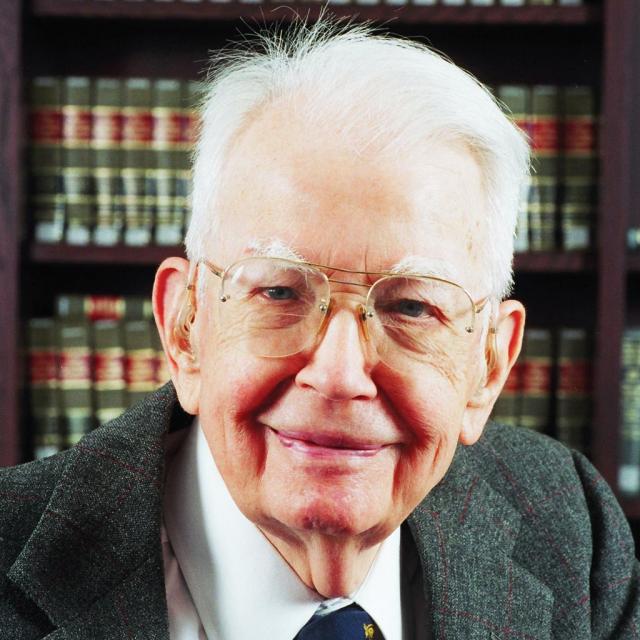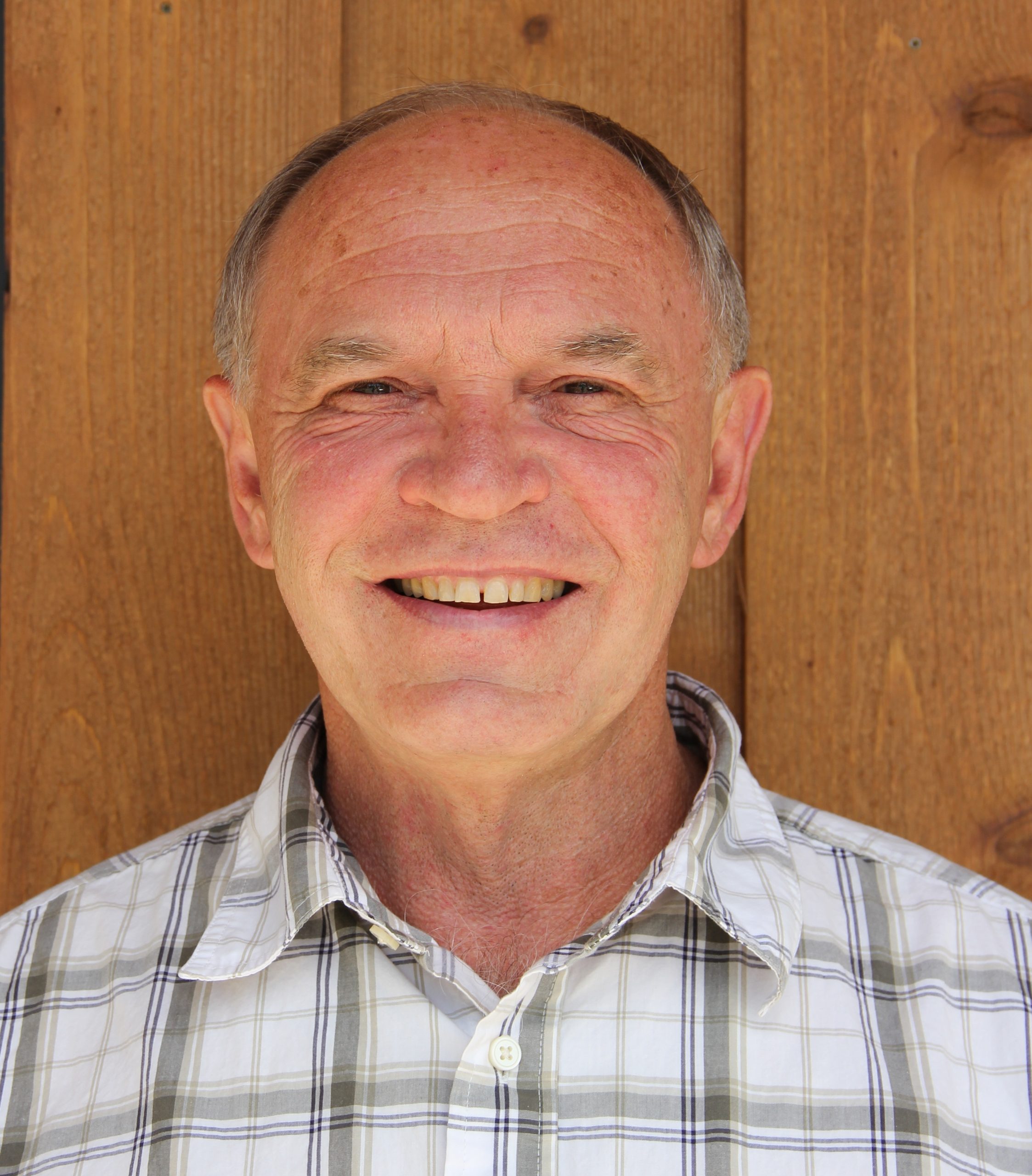UPDATE (09/02/2013): Ronald Coase has passed away at the age of 102. In the article below, PERC president Terry Anderson reflected on Coase’s legacy for PERC and free market environmentalism.
Nobel laureate Ronald Coase recently celebrated his 100th birthday. What an impact his career and long life have had on PERC and free market environmentalism! Although Coase’s seminal article on “The Problem of Social Cost,” published in 1960, scarcely had a word about natural resources and the environment, its focus on property rights is the cornerstone on which markets are improving environmental quality.
In that article, Coase emphasized that well defined and enforced property rights encourage bargaining that can resolve conflicting resource uses. For example, his insight implies that an energy company wanting to drill for oil in sensitive wetlands owned by an environmental group could bargain with that organization to get permission to drill. Indeed, bargaining between the Audubon Society and energy companies was one of the first examples of free market environmentalism discovered by PERC fellows. As Richard Stroup noted in the 30th anniversary issue of PERC Reports (Summer 2010), “the oil companies and Audubon found common ground and entered into agreements,” which used new drilling technologies, set seasonal limits on when drilling could occur, and earned royalties for Audubon.
Water markets to increase instream flows are another example of how Coase’s ideas apply to the environment. In 2006, for example, the Oregon Water Trust (OWT) entered into an agreement with a third-generation ranching family, Pat and Hedy Voigt, who agreed to permanently shorten their irrigation season. By purchasing some of the Voigt’s rights to divert water, OWT was able to keep 6.5 million gallons per day in the John Day River in the late summer when the last and largest remaining populations of spring Chinook salmon and summer steelhead needed it. Such water marketing based on clearly defined water rights is the theme of a forthcoming book, Tapping Water Markets, by PERC research fellows Brandon Scarborough, Reed Watson, and myself.
Despite the success of OWT and other environmental groups that heed the lessons of Coase, some economists continue to follow the legacy of British economist A. C. Pigou (1877–1959), considered by many to be the father of market failure arguments. Modern day Pigouvians believe that when markets fail to account for all of the costs associated with market transactions, they can be corrected by government regulations, taxes, or subsidies. This view is illustrated by an anonymous review of the aforementioned book, which argued that the Oregon Water Trust example was overly simplistic and that “[t]he same allocational result would be achieved if the old ranch family had had to pay the State to divert its water, and could stop paying by releasing it—a Pigovian solution, in effect, wholly market-oriented in its logic.”
A careful reading of Pigou, however, reveals that he probably would not have seen the conflicting demands for John Day River water as a market failure, let alone called taxing water use as a “market-oriented” solution. Writing in 1932, Pigou argued that market failure might occur if “payment cannot always be exacted from the benefitted parties or compensation enforced on behalf of the injured parties.”
He thought that the inability to exact payment or enforce compensation would be due to a “technical difficulty,” or what Coase would call high transaction costs. A technical difficulty might exist if property rights are not clearly specified, but this was not the case for the OWT trade or similar examples of successful free market environmentalism.
Despite the presence of technical difficulties or high transactions costs, enviropreneurs have a long history of creating solutions to environmental problems that modern day Pigouvians would say could only be solved by the government. Enviropreneurs lower the transactions costs, establish and recognize property rights, and create market-based, Coasian solutions.
Those of us who want to improve environmental quality through markets and property rights wish Professor Coase a belated happy birthday and, more importantly, thank him for giving us the intellectual foundation on which free market environmentalism is built.
For more on Coase’s work, see “Q&A with Steven Medema on the Coase Theorem and Environmental Economics.”




